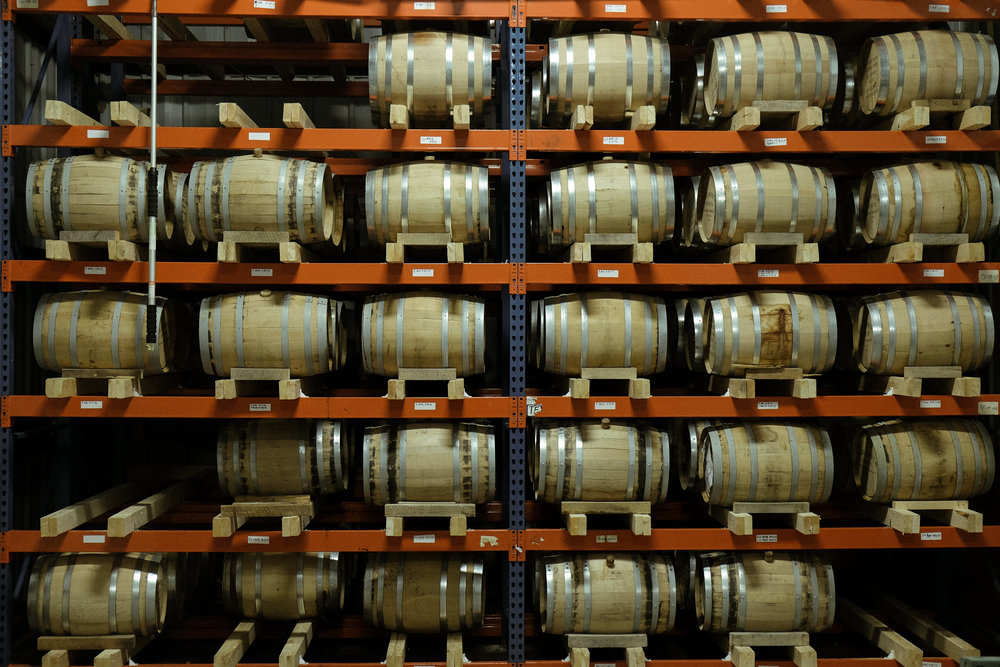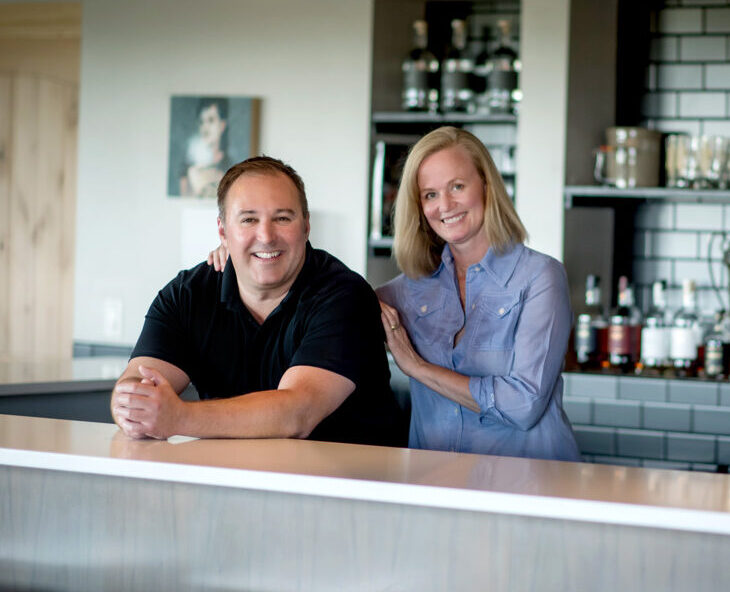
Tucked into Hallock, Minnesota (population 908), unlike most U.S. micro-distilleries that tend to coalesce around cities, Far North Spirits is anchored on co-owner Mike Swanson’s family farm that sits just 25 miles south of the Canadian border. Far North, run by Swanson and his wife and co-owner Cheri Reese, is the northernmost distillery in the contiguous United States, but that’s far from all that makes it stand out.
Of the roughly 2,700 craft distilleries in the U.S., Reese estimates that only a couple hundred are farm distilleries like Far North. Reese and Swanson have managed to set themselves apart even among this small crowd. They are among a handful of estate distillers growing their own grains, and have, in recent years, begun distilling single variety whiskeys grown from individual rye varieties. They are pioneering single varietal rye whiskey.
In the spring of 2021, Far North released the results of a study they conducted in partnership with Jochum Wiersma, a small grains specialist at the University of Minnesota. It took five years of detailed research across the planting, harvesting, fermenting, and distilling processes, but in the end the group was able to prove that rye variety determines the flavor of whiskey just like grape variety determines the flavor of wine.
Their farm-based distillery has given them the unique ability to trace individual grain varieties from seed to bottle (information that’s otherwise lost to grain elevators). Far North’s location has been “the driver behind our whole quest,” Reese says. “For us, it’s always been about agriculture, grains, and the farm side of things. Our whole drive has always been making a finished product out of something we grow.”
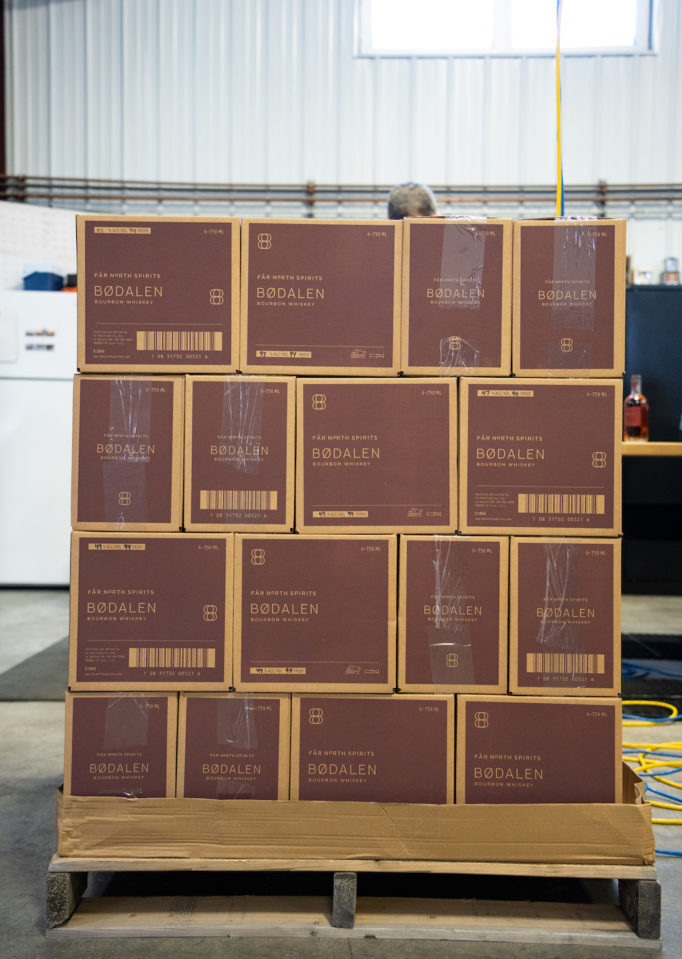
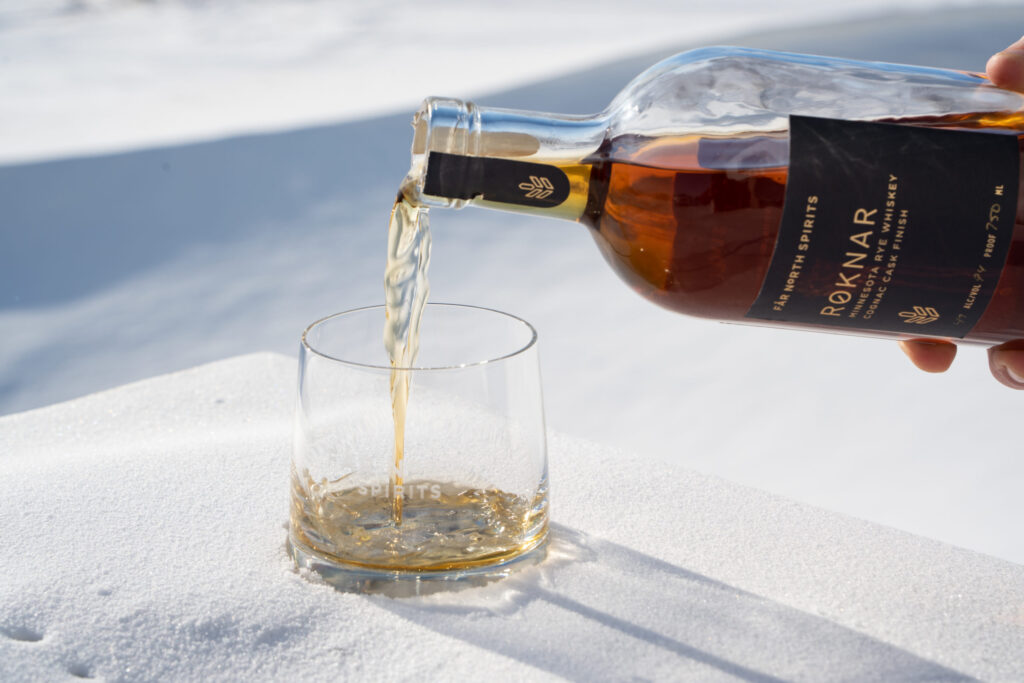
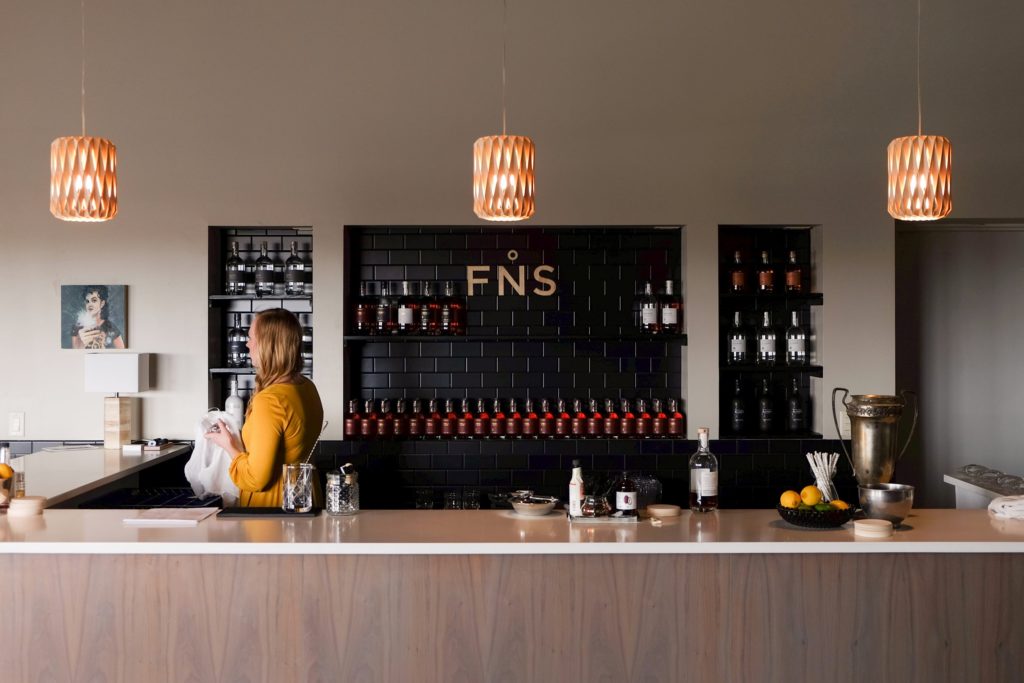
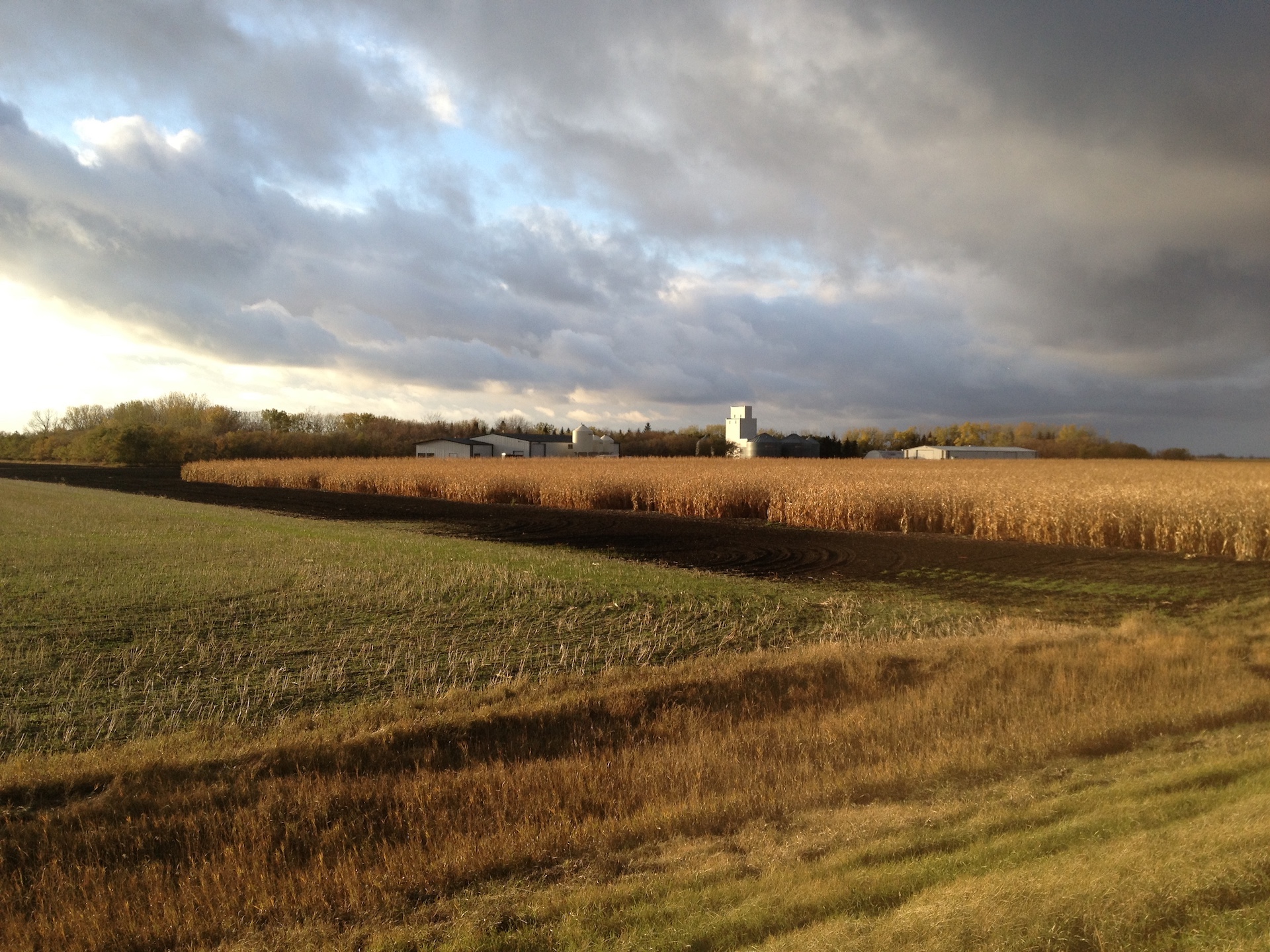
The northern Minnesota locale has also enabled Reese and Swanson to take the creative approach to distilling. “Our location is so ideal for growing rye because rye is such a winter crop. It grows in the fall, goes dormant, and that dormancy is necessary for it to come back and thrive in the spring,” she explains. “It’s the extreme nature of our climate here, the extremely cold winters and the hot summers and long daylight—conditions which are unique to the Midwest and certainly northern Minnesota—where rye thrives.”
Since its start in 2013, Far North has expanded to being available in 14 states and Washington, D.C. That’s not the only way to experience their whiskeys, gins, and rums—Far North has a cocktail room on site in Hallock where locals and visitors mingle over a well-crafted cocktail on the weekends or enjoy events that range from free tastings to cocktail classes.
“Our vision at the end of the day is, a hundred years from now, we’d love for this region to be known for its rye varietals the same way that Napa Valley is known for its wine varietals,” Reese says.
